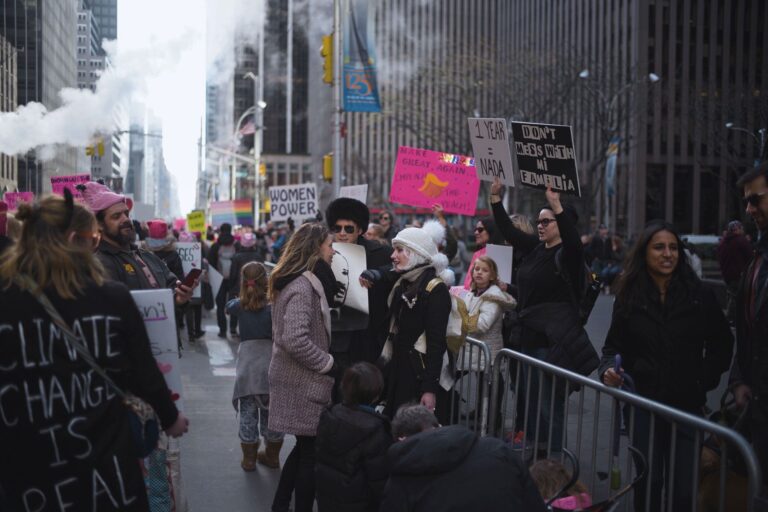Last week the Climate Week NYC session entitled Green Recovery from COVID-19: Perspectives from across the Globe.
Presenters included a diverse set of people from the mayor of Los Angeles to the EU Energy Commissioner to the UN Secretary-General for Sustainable Energy and the academics from Columbia’s School of International and Public Affairs (SIPA) who hosted the event. As I sit only a short distance from where Climate Week NYC events normally take place in New York City amid throngs of people, it was truly a bit strange to watch everything unfold over Zoom, though that format is becoming increasingly familiar for everything that used to take place in real life.
The strongest theme emerging from the 1.5 hour discussion was the need to take advantage of the fiscal stimulus required across the globe to combat the economic impacts of COVID-19 to make sure that government and multi-lateral funds are at the same time used to address the ever-present threat of climate change and mitigate the impacts of a changing climate on the most marginal communities.
Jason Bordoff, the moderator from SIPA’s Center on Global Energy Policy, set the tone early on by asking the audience to guess percentages of economic stimulus pledged to the green economy by the US, EU and China respectively. No one was too surprised that the EU has earmarked 20%, while the audience expected more from China, which has only pledged 2%, and the US, which has only pledged 1%. Indeed, the disparities in action underway with the Covid-19 recovery mirror the willingness of the three governments to invest in lowering global greenhouse gas emissions since the inception of the UN Framework Convention on Climate Change in the 1992. As ratifying parties to the Kyoto Protocol when it came into force in 2005, the EU pledged a firm GHG emissions reduction target and China agreed to participate as a recipient country for eligible project-based GHG emissions reduction investment to achieve developed world targets. Meanwhile, the US never ratified the Kyoto Protocol in the first place. Similarly to Kyoto, the Paris Climate Agreement saw the EU take an aggressive GHG reduction target, China a conservative one, and the US back out completely in 2017.
Despite the lack of interest by the current US federal administration in climate action, states and cities have taken up the gap, though the holes in their budgets created by the Covid crisis has meant they are struggling to maintain essential services while furthering green policies. Eric Garcetti, the mayor of Los Angeles, addressed this issue directly in his speech and championed the work he is doing in leading a coalition of cities through the C40 Global Mayors Recovery Task Force to intertwine the climate goals with economic recovery from the current crisis. Guiding principles of the Task Force include reducing emissions from urban transportation, addressing the social inequities of the current system in many cities, improving resilience to climate threats, and letting science guide public policy. In Los Angeles specifically, Garcetti has focused on reducing auto emissions in that city famous for its traffic and channeling private capital into initiatives that will help the city of LA and state of California achieve their aggressive renewable energy and emissions reduction targets.
Damilolo Ogunbiyi, the CEO and special representative from UN Secretary-General for Sustainable Energy, drew attention to the fact that massive infrastructure investment is needed in the global South to raise the standard of living in developing countries, where 1.8 billion people have no access to reliable electricity. Throughout sub-Saharan Africa, renewable energy projects can take years to raise financing while fossil fuel plants, for which there are existing supply chains who benefit from the status quo, continue to proliferate.
Reflecting on the responsibilities of the global renewable energy industry brought on by the crisis, we have a tall order in the years ahead to recover some of what the world looked like before pre-Covid in terms of economic activity. At the same time, given the increasing impacts of climate change on the global poor and the social inequities made more extreme by the crisis, there has to be adequate attention given to making sure that the investment required to boost the global economy in the form of a Green New Deal or other stimulus will also be made in service of creating a more equitable and sustainable global economy which will grow the market for renewable energy and position society as a whole better to whether any challenge like a global pandemic which may arise in the future.

